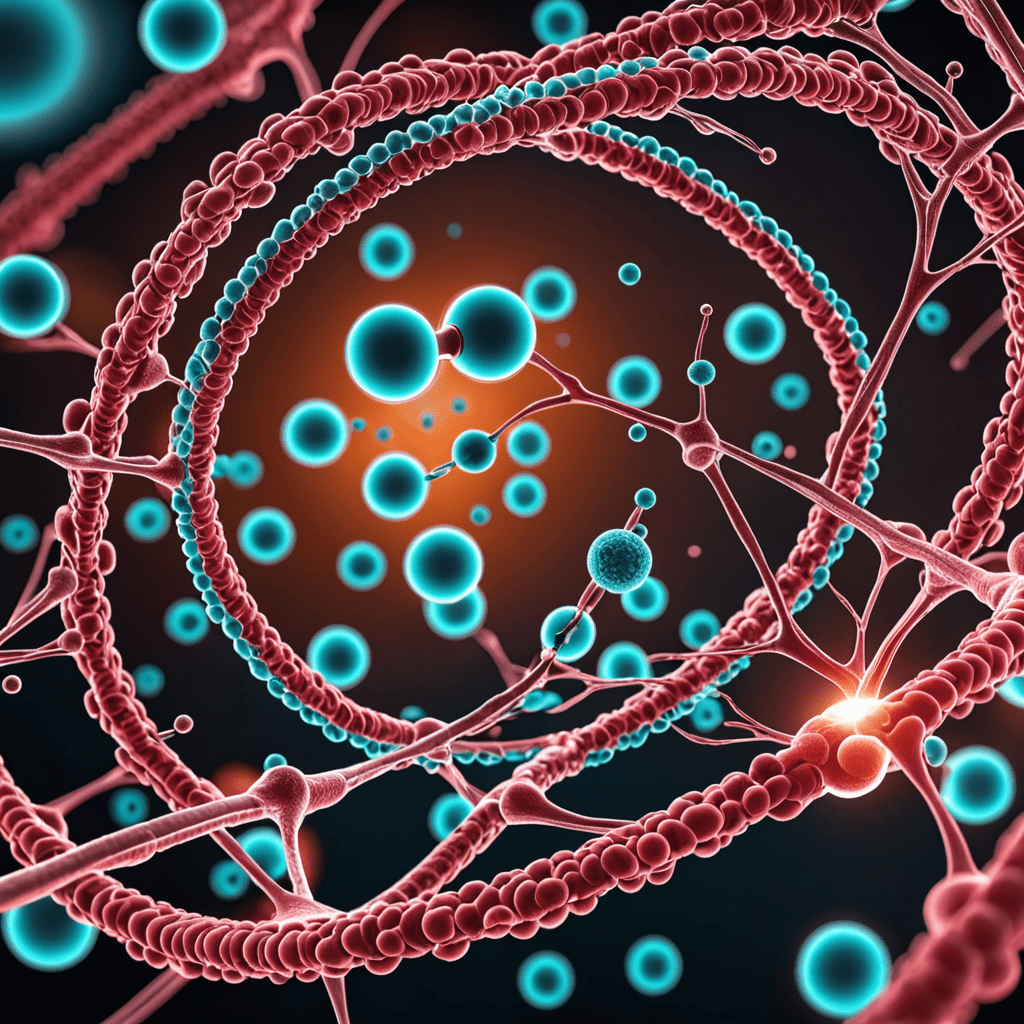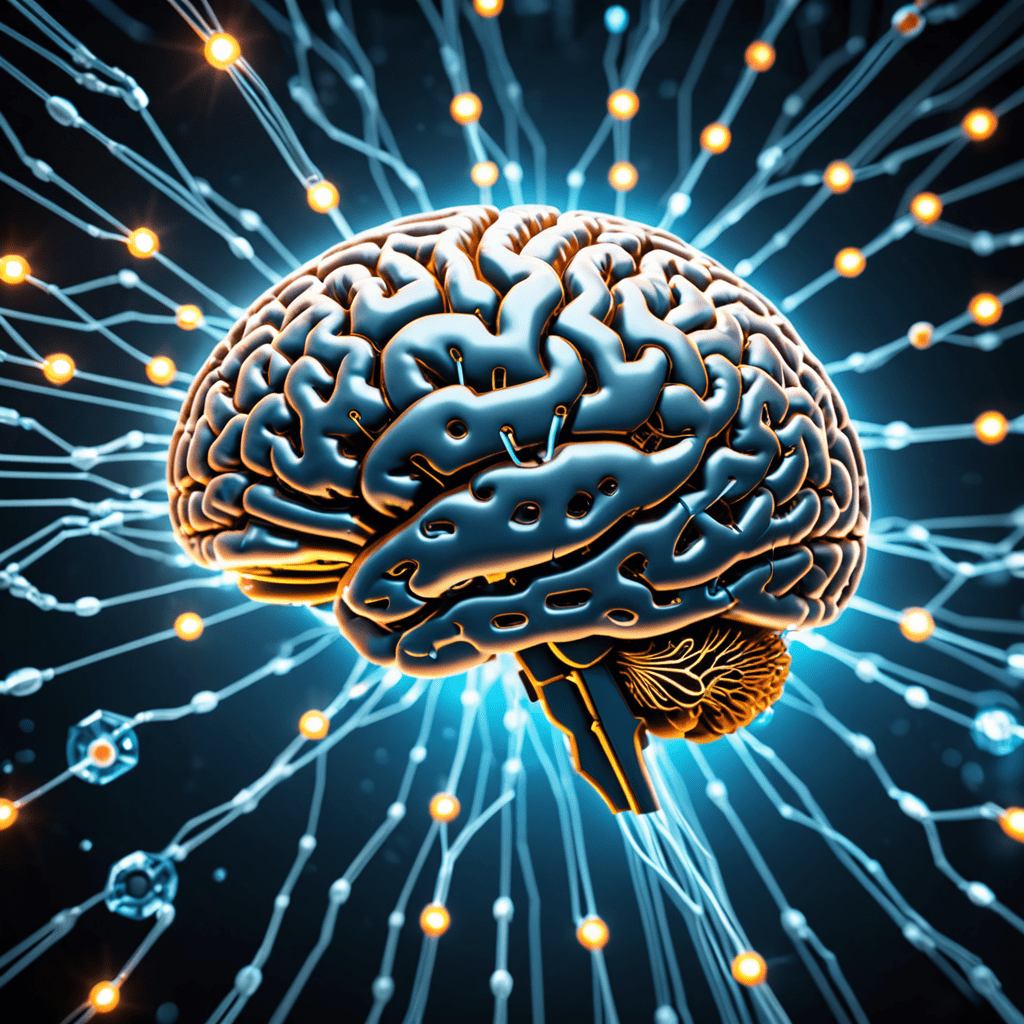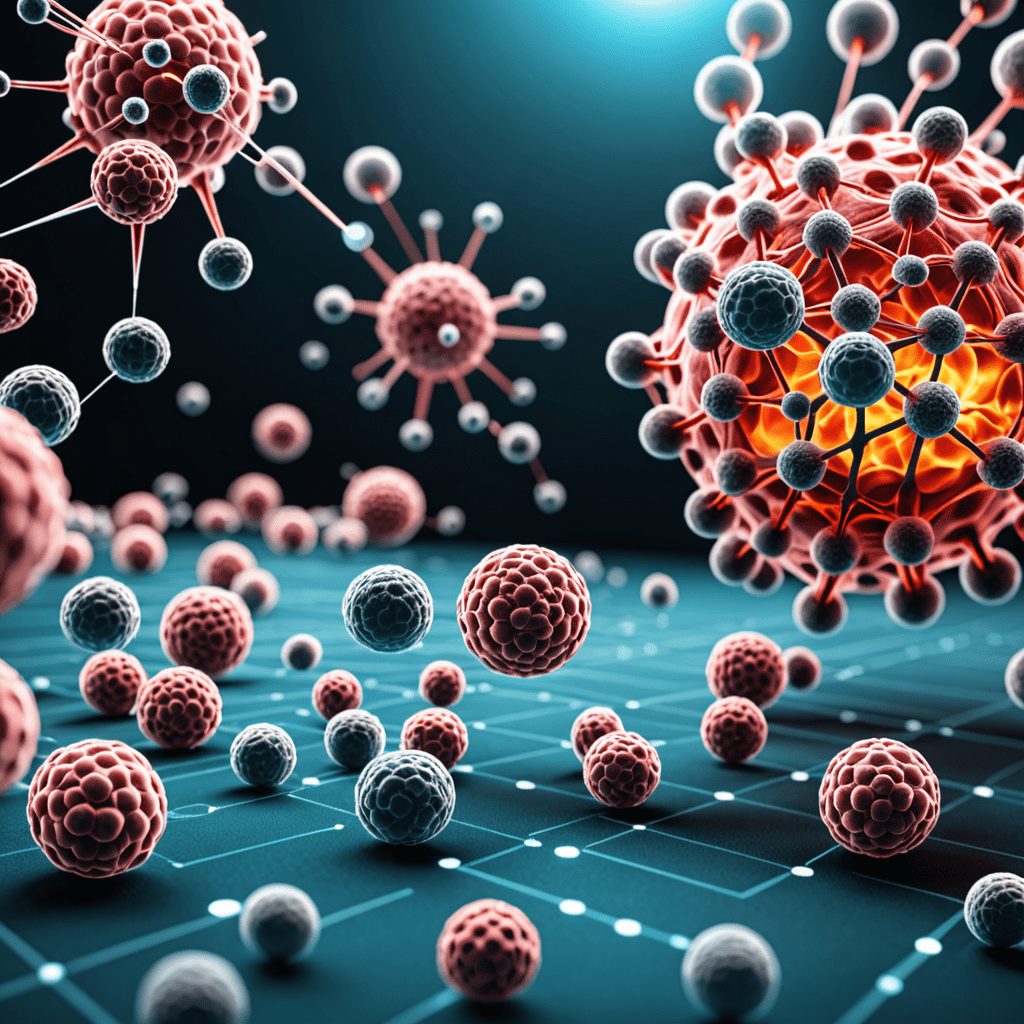
Nanotechnology in Nanomedicine: Medical Treatments Enhanced by Nanotech
Nanotechnology plays a significant role in revolutionizing the field of medicine. In the realm of nanomedicine, the application of nanotechnology has opened up new possibilities for enhancing medical treatments. Let’s delve deeper into how nanotech is transforming the landscape of healthcare.
The Power of Nanotechnology
Nanotechnology involves the manipulation of materials at the nanoscale, where one nanometer is equivalent to one-billionth of a meter. At this tiny scale, materials exhibit unique properties that can be harnessed for various applications, including medicine. By leveraging these properties, nanotechnology enables precise targeting, enhanced drug delivery, and improved imaging techniques in healthcare.
Nanoparticles in Drug Delivery
One of the key areas where nanotechnology shines in medicine is drug delivery. Nanoparticles, such as liposomes and dendrimers, can encapsulate drugs and transport them to specific cells or tissues in the body. This targeted delivery minimizes side effects and enhances the effectiveness of treatment. Moreover, nanoparticles can cross biological barriers that traditional drugs struggle to penetrate, opening up new avenues for treating diseases.
Diagnostic Applications
Nanotechnology has also revolutionized diagnostic techniques in medicine. Nanosensors can detect biomarkers of diseases at an early stage, enabling prompt intervention and personalized treatment plans. Additionally, nanomaterials improve imaging technologies like MRI and CT scans, providing higher resolution and more accurate diagnostics.
Therapeutic Innovations
With nanotechnology, innovative therapeutic approaches have emerged. Nanoparticles can be designed to deliver therapeutic payloads directly to cancer cells, sparing healthy tissues. Furthermore, nanobots equipped with sensors and actuators hold the potential for targeted drug release within the body, paving the way for precise and efficient treatment strategies.
Challenges and Future Directions
Despite the remarkable advancements, challenges such as biocompatibility, scalability, and regulatory hurdles still exist in the field of nanomedicine. Researchers continue to work towards addressing these obstacles to ensure the safe and effective integration of nanotechnology into medical practices. The future of nanomedicine holds promise for further personalized therapies, disease monitoring, and treatment precision.
Conclusion
In conclusion, nanotechnology is reshaping the landscape of healthcare through its applications in nanomedicine. From improved drug delivery to advanced diagnostics and therapeutic innovations, nanotech offers a multitude of benefits for patients and healthcare professionals alike. As research in this field progresses, we can expect to witness even more groundbreaking developments that will revolutionize medical treatments and enhance patient outcomes.
FAQs about Nanotechnology in Nanomedicine
What is nanotechnology in the field of medicine?
Nanotechnology in medicine involves the use of incredibly small materials at the nanoscale for diagnostic, therapeutic, and research purposes.
How does nanotechnology enhance medical treatments?
Nanotechnology allows for precise targeting of disease sites, improved drug delivery systems, early disease detection, and personalized medicine approaches.
What are some examples of nanotechnology applications in healthcare?
Examples include nanoparticle-based drug delivery systems, nanosensors for early disease detection, and nano-sized tools for precise surgeries and imaging techniques.
What are the benefits of nanomedicine for patients?
Nanomedicine offers reduced side effects, improved treatment efficacy, shorter recovery times, and the potential for more tailored and effective medical interventions.
Are there any potential risks or concerns with nanotechnology in medicine?
Some concerns include toxicity of nanomaterials, their potential environmental impact, regulatory challenges, and ethical considerations surrounding their use in healthcare.


